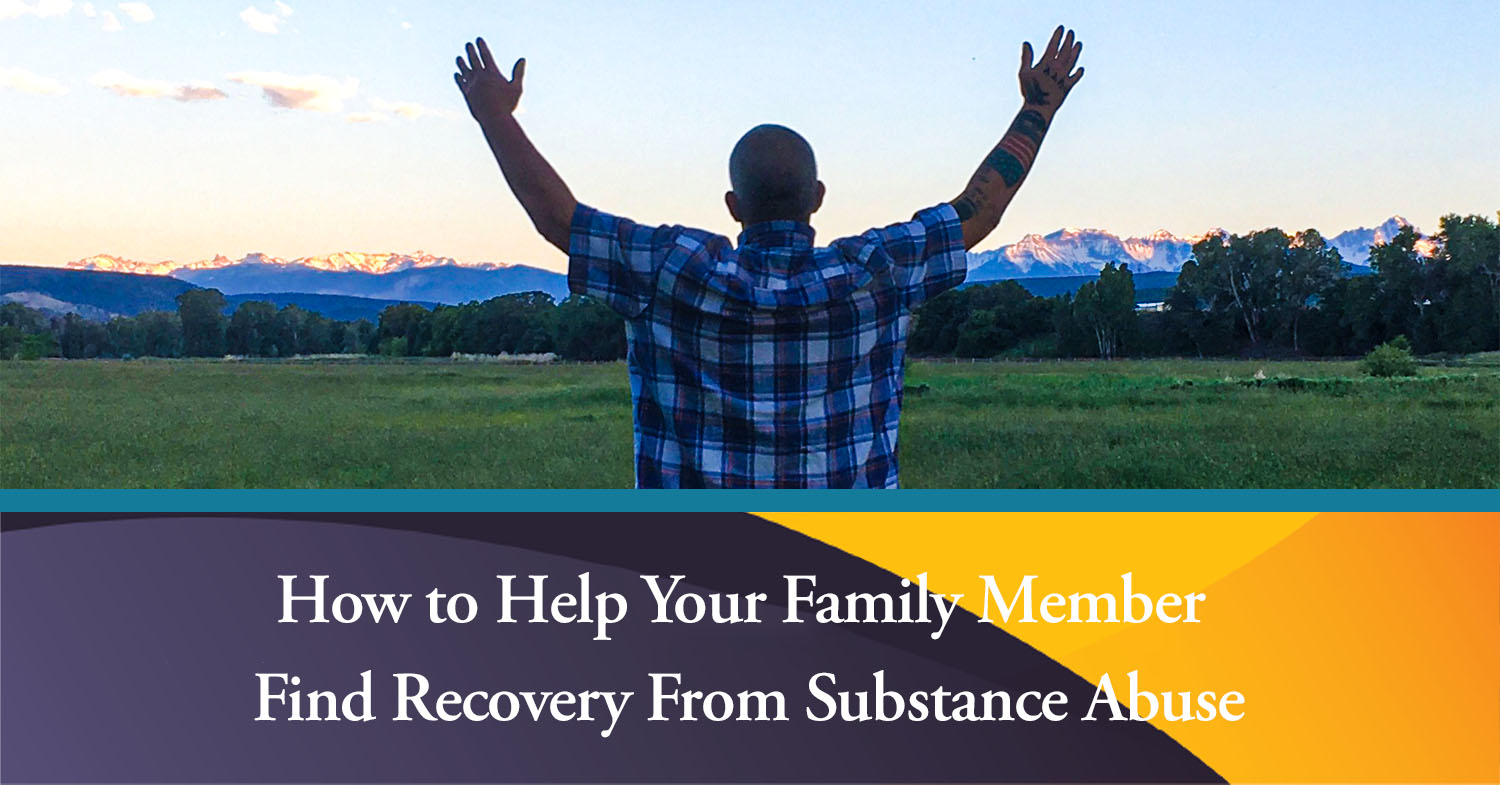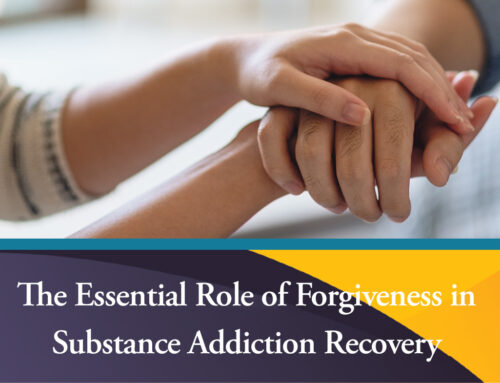Substance abuse is a serious issue that affects not only the person who is struggling with the addiction, but also their loved ones and friends around them. Addiction is often referred to as a family disease, because it impacts the entire family. When you have a family member who is struggling with substance abuse, it can be difficult to know how to help them find recovery. Individuals struggling with addiction are often resistant and not ready to make the decision to find recovery. However, with the right approach, you may be able to make a positive impact on their journey towards recovery. You may be able to encourage and support them to find a clean, healthy, and sober life.
We want to help you with some things to consider as you are developing a plan to help your family member. We know this process is not easy, all the information you can gather will help you develop your plan. Here are some steps that will help you help your loved one.
Educate Yourself
The first step in helping a family member find recovery from substance abuse is to educate yourself about addiction and the recovery process. Understanding the nature of addiction and how it affects the brain and the body will help you better understand your loved one’s behavior and the challenges they are facing. There are some behaviors and reactions that might be confusing, a little research into the impacts can help.
It is also important to learn about the different types of treatment and support that is available, such as the detox process, inpatient rehabilitation, outpatient programs, and support groups. Learning what options there are and what steps it would take to get your family member into treatment will help make sure you have the next steps ready to go.
Prepare for the Conversation
It will be difficult to prepare for the conversation because you will not know how your loved one will respond to your concern for their health and situation. Oftentimes, individuals are not prepared to face their addition or the thought of going into treatment and being separated from the substance they are addicted to using. Sometimes your love and support can be met with anger or intense resistance.
It will be important for you to preplan what you are going to say, plan the bottom lines you will give them if they do not go to treatment, and stick to your bottom lines. You will want to share how you are impacted by their addiction and the consequences or bottom lines you will implement if they do not get treatment. Remember that you are upset with the disease, not them as a person. Loving them and hating the addiction is a valid position. Remain calm through this process to ensure they hear you and are not distracted by any anger you might express.
Have the Conversation With Your Loved One
The next step is to have an open and honest conversation with your loved one about their substance abuse. It is important to approach the conversation with empathy and understanding, rather than judgment or blame. Let them know you care about them and that you want to help them find recovery.
As you set boundaries and consequences for their substance abuse, remember that it is not healthy to ignore or enable the substance abuse. Be honest and clear about the ways in which their substance abuse is impacting your relationship and the family as a whole. Let them know that certain behaviors will not be tolerated, and that there will be consequences if they do not make the changes.
You should also consider seeking professional help. Addiction is a complex disease that requires specialized treatment and support. You can encourage your loved one to seek professional help and offer to go with them to their first appointment. You can also research different treatment options and help them find a program that will best meet their needs. We are always available and we want to help you find the best possible treatment plan for your loved one.
Take Care of You
It is also important to take care of yourself during this process. Caring for a loved one with substance abuse can be emotionally and physically taxing. It is important to take care of your own physical and mental health, and to seek support for yourself if needed. You can also join a support group for family members of those struggling with substance abuse.
Be Patient and Supportive
Finally, be patient and supportive. Recovery is a journey, not a destination. It is important to remember that relapses may happen and it is not a failure, it is a part of the process. Keep encouraging your loved one and be there for them throughout the entire journey, with appropriate boundaries. Check out some of Our Success Stories.
Helping a family member find recovery from substance abuse can be difficult and challenging. However, with the right approach, education, and support, you can make a positive impact on their journey towards recovery. Remember to be empathetic, set boundaries, seek professional help, take care of yourself, and be patient and supportive!
Contact Us here for your first steps in getting back on track! You don’t have to do it alone anymore.






